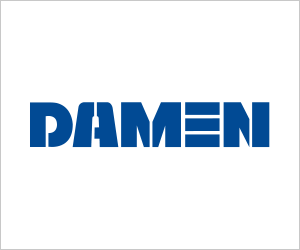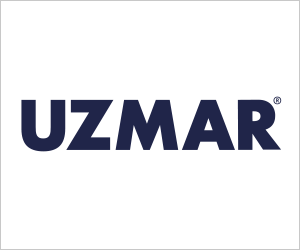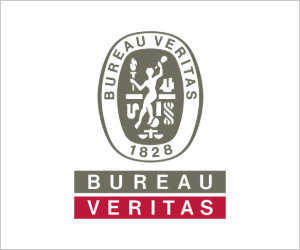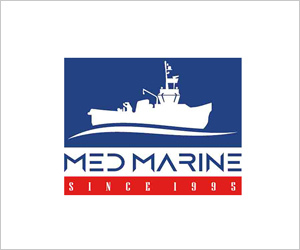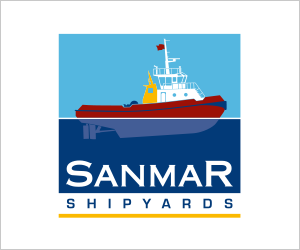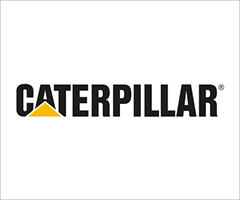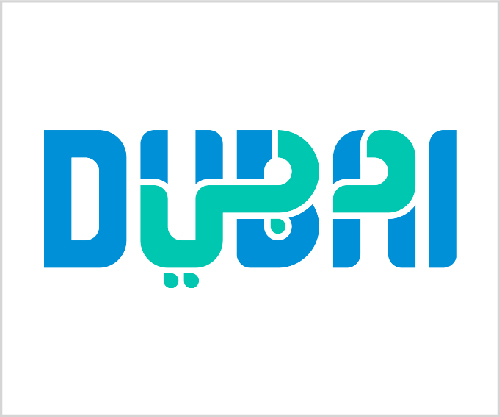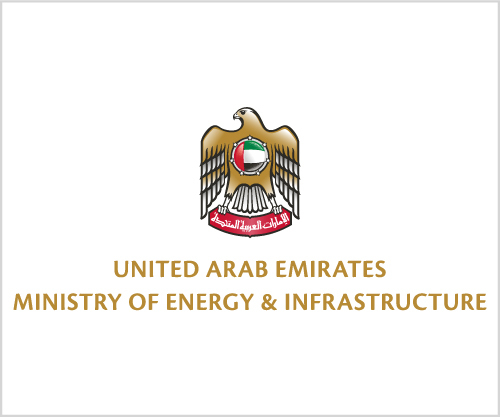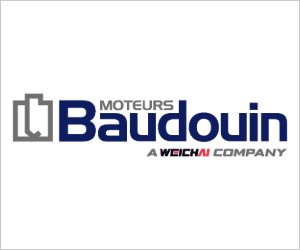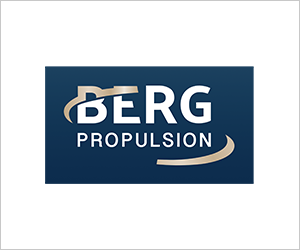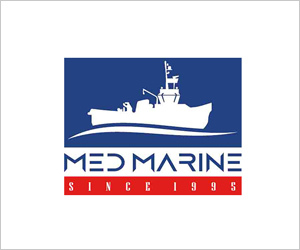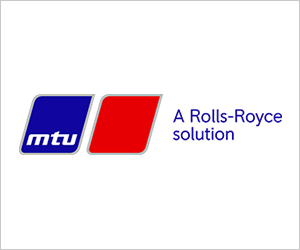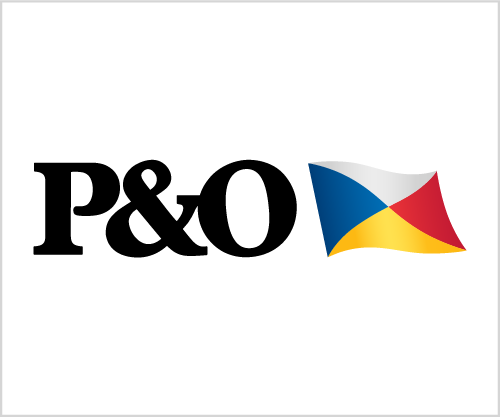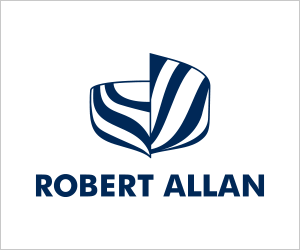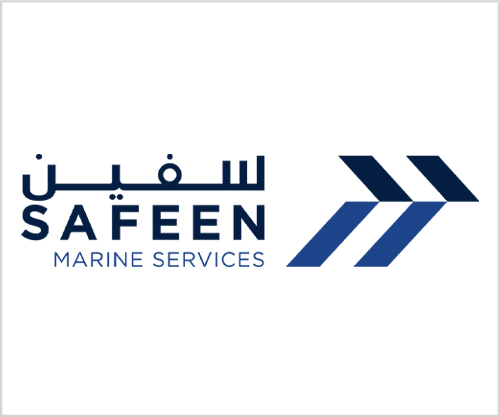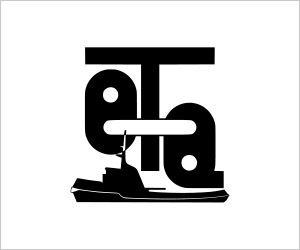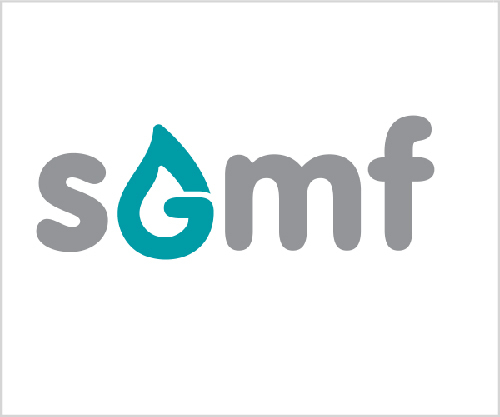Business Sectors
Events
Floating energy: successfully unlocking stranded gas using FLNGs and FSRUs
Contents
Conference Programme: Day 3 | Thursday 23 May
Group booking discounts - Save up to 15%
Aligning the tug industry on maritime decarbonisation
Day three of the conference is an obvious highlight. It explores the practicalities of tug owner/operator adoption of the latest engine innovations and the following fuel options: methanol, LNG, ammonia, biofuels and hydrogen. It will address timelines, costs, infrastructure needs and regulatory factors that must align for a successful transition.
In open and spirited discussions our panels comprising senior industry figures from across the value chain will weigh up customer commitments, policy enablers, and investment required. We’ll assess the collaboration needed, economic and operational feasibility of different options and the challenges of scaling up sustainable fuels.
| Time | Activity | |
|
07:30 |
Registration opens (all pass holders) |
|
|
08:00 - 14:00 |
Exhibition opening hours
|
|
|
08:50 |
Conference opens: Welcome address from Riviera Maritime Media |
Edwin Lampert, Executive Editor & Head of Business Relations, Riviera Maritime Media |
| Time | Session/Paper | Presenters/Authors |
| 08:55 |
Advancing methanol propulsion - High-speed engine solutions for tugs
This paper provides insights into MAN ES’ development of methanol-fuelled high-speed engines tailored for tug applications. It assesses technical implementation factors including efficiency, safety, emissions and space constraints.
|
Mark Watson, Sales Manager, MAN Energy Solutions
and
Dr Christopher Gross, Technical Project Lead, MAN Energy Solutions
|
| 09:10 |
LNG hybrid propulsion for harbour tugs
|
Cyrill Halbauer, Application Engineer for Commercial Vessels, Rolls-Royce Solutions
and
Vineeth Menon Nirmal, Assistant Manager, SEATRIUM
|
| 09:25 |
PANEL DISCUSSION I: Which of the transition pathways presented make the most sense from environmental, operational and financial perspectives?
Our four presenters are joined by three top executives to debate the papers and challenge the presenters.
PRESENTERS WILL BE JOINED BY THE FOLLOWING PANELLISTS:
|
|
| 09:50 |
Networking coffee break in the VIP Hospitality area and visit the exhibition |
Sponsored by: |
| 10:30 |
Ammonia: an impartial, fact-based assessment
Ammonia, has gained tremendous attention as a carbon-free fuel. At the same time it poses storage, handling and combustion challenges. SGMF’s north star is providing impartial, fact-based assessments grounded in rigorous technical analysis. This presentation will highlight issues relating to ammonia as a marine fuel to spur collaborative effort and resolve knowledge gaps. |
Mark Bell, |
| 10:45 |
Demystifying Biofuels - Myths and facts for tug operators
This paper offers a practical take on biofuel use for tug operators. It details key factors in storage, treatment, and maintenance based on real-world operator experience. The goal is to equip attendees to utilise these fuels reliably and unlock their sustainability benefits.
|
Global Business / Account Manager CC Jensen
|
| 11:00 |
Pioneering hydrogen-powered tugs: the path to safe deployment and regulatory approval
Using risk-based certification (RBC) to validate designs, mitigate risks and demonstrate the safety of hydrogen-powered tugs and hydrogen bunkering infrastructure.
|
Peter Van de Graaf, Strategic Key Account Business Partner Lloyd’s Register
|
| 11:15 |
PANEL DISCUSSION II: Which of the transition pathways presented make the most sense from environmental, operational and financial perspectives?
Our three presenters are joined by three top executives to debate the papers and challenge the presenters.
PRESENTERS WILL BE JOINED BY THE FOLLOWING PANELLISTS:
|
|
| 11:40 |
Fuel flexible tugs and commercially viable decarbonisation
Fuel flexible designs allow tug owners to continuously balance fuel cost, fuel availability and emissions reductions throughout a vessel’s lifetime. This paper takes a case study approach to demonstrating how switching between different fossil-fuels, bio- fuels and e-fuels during the service life of a tug can support a commercial and technical feasible pathway to decarbonisation.
Understanding the tradeoffs when selecting from diesel, ethanol, methanol, other emerging sustainable fuels and electricity from shore.
|
Joost Mathôt, Damen
|
| 12:00 |
Navigating the energy transition via asset flexibility
As the towage industry looks to transition towards renewable energy sources, there are many opportunities and challenges that must be navigated. Companies are considering various approaches to meet IMO GHG reduction targets while ensuring commercial feasibility.
Towage decarbonisation; opportunities and challenges in adopting renewable diesel, biodiesel, and green methanol.
|
Andres Perez, Global Segment Manager – Tug & IWW, Caterpillar Marine
|
| 12:20 |
PANEL DISCUSSION III: Concluding discussion and drawing conclusions: Making sense of the transition pathways for tug owners globally through to 2050
Our concluding panel discussion unites our two presenters with a further three top executives drawn from the wider value chain to debate the papers presented as well as reflect on the entirely of the day’s discussions
PRESENTERS WILL BE JOINED BY THE FOLLOWING PANELLISTS:
|
|
| 12:55 |
Chairman’s closing remarks and end of conference programme |
Edwin Lampert, Executive Editor & Head of Business Relations, Riviera Maritime Media |
| 13:00 |
Networking buffet lunch in the VIP Hospitality area
|
Sponsored by: |
| 14:00 |
Exhibition closes (exhibition floor open for stand dismantling only) |
|
Social Functions
| 14:00 - 18:00 |
(Conference, Networking & Hospitality and Press pass holders only) |
Hosted by: |
| 19:00 - 20:00 |
(Gala Dinner, Drinks Reception & Awards, Conference and Networking & Hospitality pass holders only) |
|
| 20:00 - Late |
(Gala Dinner, Drinks Reception & Awards, Conference and Networking & Hospitality pass holders only).
|
Gala dinner sponsored by: Awards sponsored by: |
Group booking discounts - Save up to 15%
Programme subject to change / amendments

Anne Irmola, Head of Marketing, Vaisala
Venue:
Dubai Trade Centre,
Sheikh Zayed Road,
Dubai, United Arab Emirates
Tel: +971 (0)4 389 3999
Email: care@dwtc.com
Event Organiser:
Riviera Maritime Media Ltd,
Mitre House, 66 Abbey Road,
Enfield EN1 2QN, UK
Phone: +44 20 8364 1551
Email: info@rivieramm.com
Quick Links:
Copyright 2022 Riviera Maritime Media Ltd.






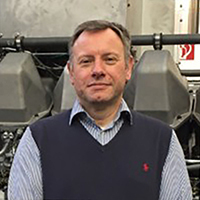
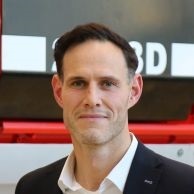
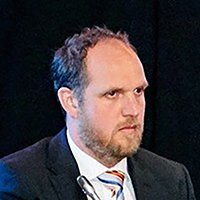
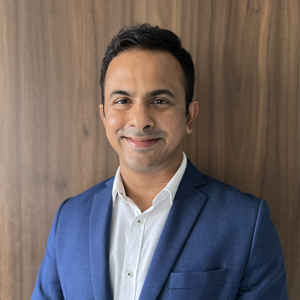
 Andrew Brown, LNG Business and Project Development Director, Smit Lamnalco
Andrew Brown, LNG Business and Project Development Director, Smit Lamnalco Mark Bell, General Manager & Chief Operating Officer, SGMF
Mark Bell, General Manager & Chief Operating Officer, SGMF Márcio Castro
Márcio Castro


 Alasdair Smith, Commercial Director, Targe Towing Limited
Alasdair Smith, Commercial Director, Targe Towing Limited Bernard Liew, Senior General Manager, Coastal Sustainability Solutions, Kuok Maritime Group
Bernard Liew, Senior General Manager, Coastal Sustainability Solutions, Kuok Maritime Group

 Herman Spilker, Vice-President North & Central Europe, Bureau Veritas
Herman Spilker, Vice-President North & Central Europe, Bureau Veritas Jordan Pechie, Senior Vice President, Seaspan Marine Transportation
Jordan Pechie, Senior Vice President, Seaspan Marine Transportation José Antonio Vargas, Fleet Manager, CPT Towage
José Antonio Vargas, Fleet Manager, CPT Towage Jason Pratt, Global Executive Vice President - Health Safety & Environment Group HSE, DP World
Jason Pratt, Global Executive Vice President - Health Safety & Environment Group HSE, DP World
